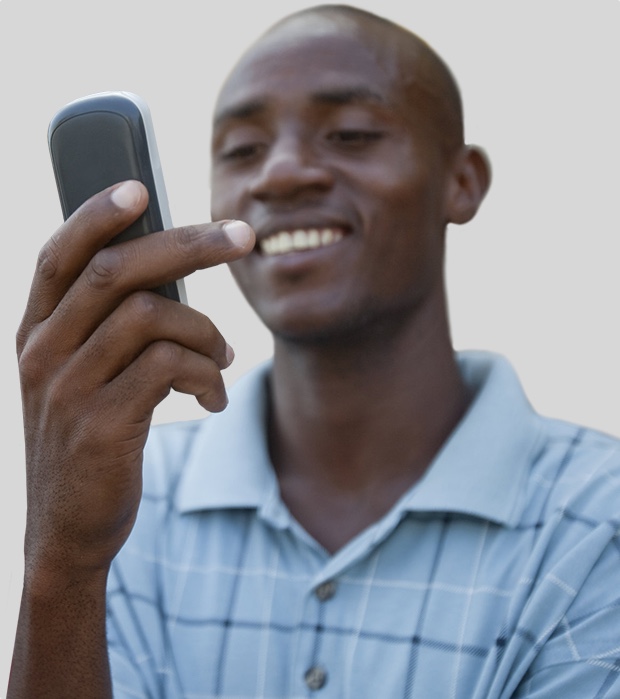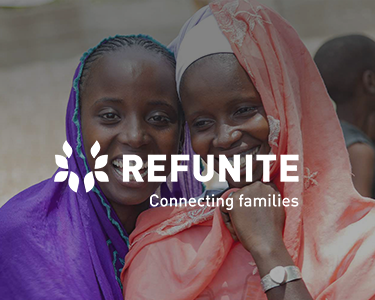Your mobile phone beeps. You check it. A “Breaking News” alert: “Tensions grip most of Nairobi city following months of threat of attack by guerillas fighting from Ngong Forest.” These same guerillas have taken hold of the rest of Kenya and you are targeted because of your ethnic background. Your twitter timeline is suddenly frantic with new messages: all of them talking about attacks underway in various parts of the city and beyond.
You run. You run and the next time you look back, you are somewhere along the border of Tanzania. You can’t turn back. You have left with nothing and you don’t know where your family is. You can only place where each could have been, all of them going about their day, before the fighting began.
This storyline depicts the reality for many of the refugees that we’re trying to help via our family tracing tool, and the refugees that our research team has encountered during their first visits into the operations of Refugees United. These past two weeks have seen the iHub Research team talk to refugees in Umoja and Eastleigh, Nairobi, about their experiences with the Refugees United tool.
An extremely interesting initial finding has been that some refugees would rather not know the whereabouts of their lost family members or friends if they cannot be guaranteed physical reunification. This being something that lies outside the operating structures of Refugees United, the finding is a clear indicator of how our own assumption of every person’s wish to find lost family regardless of circumstances is not always correct. As the entire foundation and world view of Refugees United is built around this basic assumption, going forward, this is something that we need to take into account in our picture of the people we’re trying to help.
However, it is nonetheless becoming increasingly clear to the research team how important the tool is to many refugees. Refugees United offers hope that one day, those who are running will not be alone anymore. Through this research, we’re seeking to address some of the challenges that people face when using our tool – and make sure that we keep iterating the tool in such a way that the people who want to can find their family members and know they are well and alive – even though they might not get physically reconnected.


